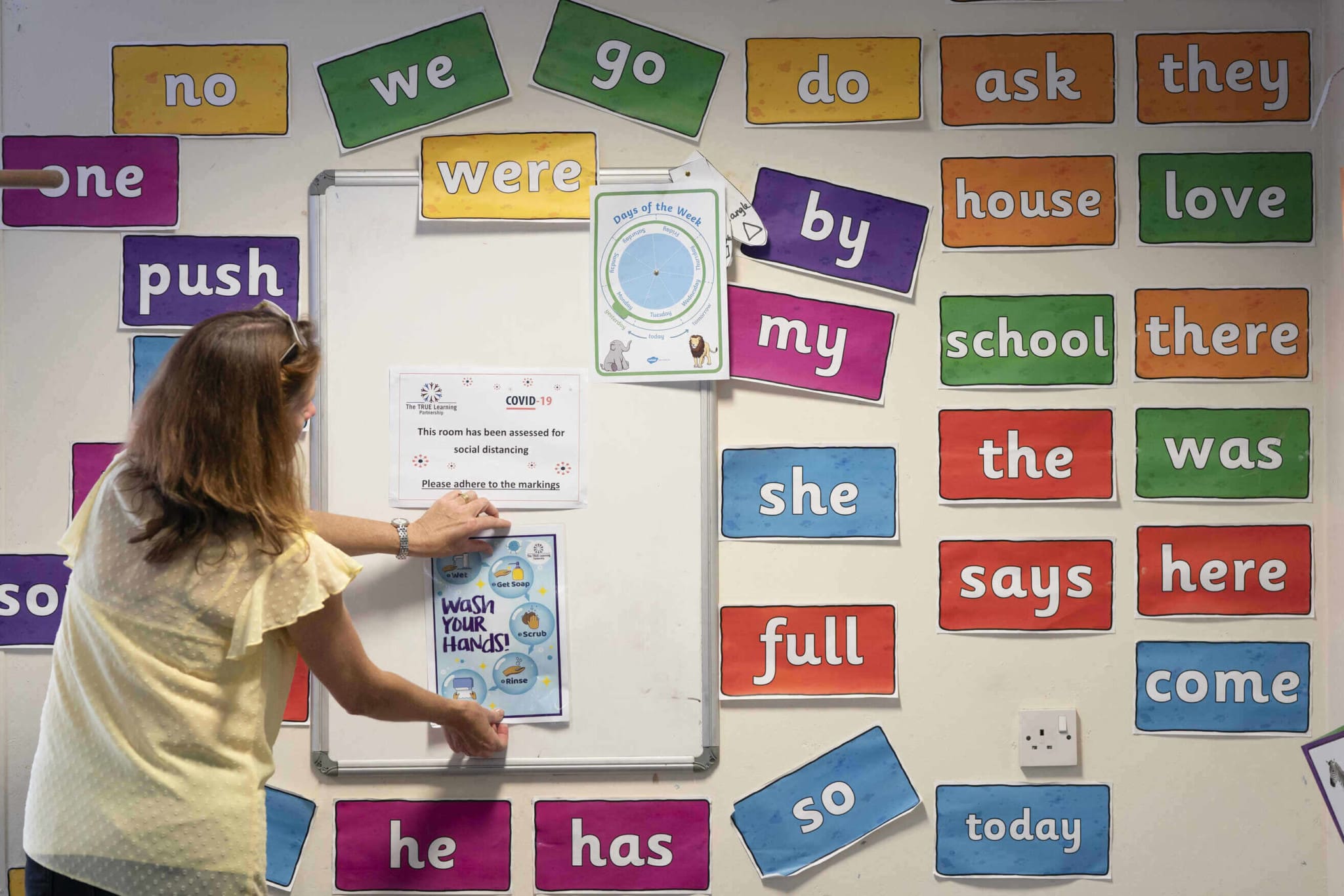Progressive ideology has taken another bold step. Now, you can be transgender at nearly any age, including those in the toddler age bracket. At least, that’s what the Scottish government thinks, as it issued new inclusive LGBT guidelines for schools.
Under the new rules, teachers should not question if a child informs them at an early age that he or she is transgender. Instead, teachers should ask how they want to be addressed. If the child does not want teachers to notify the parents of this change, teachers should respect their wishes. The directive applies to children from the age of four, who in some cases can already start attending primary school in Great Britain. The well-known transgender organization Stonewall participated in creating the new guidelines. Parents and some feminist organizations oppose them, though, and lawyers warn that not informing parents may be illegal.
The new comprehensive document advises teachers on how to support transgender pupils during their studies. According to the directive, for example, if a child tells them that he or she feels himself or herself to be the opposite gender, teachers should not respond that this is only a “phase”. On the contrary, they should support them in their decision.
The document also encourages teachers to include literature that introduces children to transgenderism in their lessons and even to distribute posters at school, with information about transgender issues. In the list of recommended literature and sources, for example, there is a story about a crayon that experiences a personal crisis as it is labeled red, even though it draws blue. In another publication, the narrator describes how she felt because she had a girl’s brain in a boy’s body. The narrator goes on to say that, as a boy, she felt like she was living a lie. She then concludes that the moment she went to the doctor and was diagnosed as transgender was a beautiful day.
According to the new rules, schools should also provide transgender pupils, for example, with access to toilets and changing rooms of their choice. Furthermore, it aims to provide “safe spaces” for such students, in which they will not feel threatened and have enough privacy.
Stonewall welcomed the directive, saying it would allow transgender children to “truly flourish”.
“This guidance outlines how schools can support transgender young people while ensuring that the rights of all pupils are fully respected. It provides schools with practical suggestions,” said Scottish Education Minister Shirley-Anne Somerville.
At the same time, she claimed that the directive did not promote transitioning among young people.
“I am delighted to announce we will be the first country in the world to have LGBTI education embedded into our school curriculums,” said Deputy Prime Minister John Swinney earlier.
Surprisingly, teachers were told that it was not always their duty to inform the family that their child feels it belongs to a different gender if doing so might cause trouble.
“It is best to not share information with parents or carers without considering and respecting the young person’s views and rights,” the document states.
However, not everyone enthusiastically accepted the document, which also applies to first-graders. Some parents called the document terrifying.
“It shows a failure in safeguarding and a removal of parental rights. It used to be commonly understood that children should be able to play and experiment with gender roles, with clothing, their likes, and dislikes. Those children are now being encouraged to get onto a medical pathway, potentially for the rest of their lives. We should not be teaching children, and especially primary school children, that you can change sex, because you cannot change sex,” said Marion Calder, co-director of the For Women Scotland campaign group, to The Telegraph.
She also warned that genderism had become a dangerous ideology. “Parents will be very concerned upon reading this document,” Calder told the Daily Mail.
Title image: Reception teacher Elizabeth Dockry places signage in a classroom as measures are taken to prevent the transmission of coronavirus before the possible reopening of Lostock Hall Primary school in Poynton near Manchester, England, Wednesday May 20, 2020. Since March 20, the coronavirus has forced British schools to close to all but a small number of key workers’ children and those under social care. The government wants children to start returning to primary schools in stages from June 1. Those going back first include the youngest ages, 4 to 6. (AP Photo/Jon Super)






